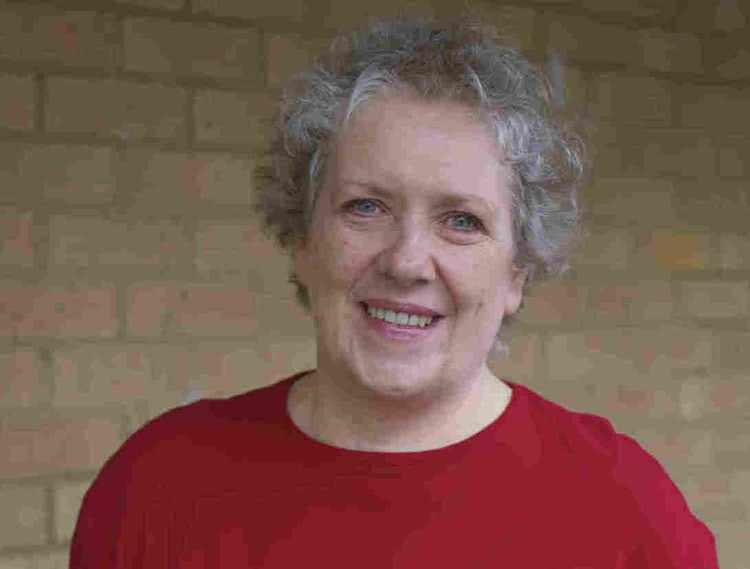As most people working in FE and in training provider organisations know, the last day of May has great significance

Worried About The End Of May? – Surely Not.
As most people working in FE and in training provider organisations know, the last day of May, in any year, has great significance.
The end of May, as you are no doubt aware, is approaching fast. When you are thinking about this time of year, and what happens next, remember the following.
Your Organisation Is About To Change
People leave organisations and people arrive. In September the make-up of your organisation’s staff could be quite different from what it is today.
Think about what exactly is likely to change. Are some roles being amalgamated? Are some activities and subjects being removed from the curriculum? Have examining bodies decided to require something very different from their centres for next year? Are new roles being created? If you find out that one particular subject area will be short of staff next term, ask yourself:
“Is this an area in which I want to work and develop my career? Do I plan to apply for this sort of role soon?”
Before the summer break, if you are one of the people staying in your current role, check if you will have a new manager come September. Check if you will be working alongside one of the new arrivals. Check if the specialisms of the newcomers will complement your own specialist areas or conflict with them.
What you learn could help you to reshape your career – without leaving your current organisation. Get the relevant information and then THINK.
Did You Miss The Boat?
Some people are very keen, possibly desperate, to be appointed to a new post in a different organisation, especially as the end of May gets closer. Do not think that you have missed the boat, or missed out on something valuable by not gaining a new job. You have not found the right role for you, as yet. Just keep looking. There will be plenty more roles for you to consider in the future. You have not missed the boat.
Do yourself a favour today and think of the positive reasons why you are looking for a new job. Only talk about these positive points at your place of work.
Examples:
“The labs at (name of organisation) are very modern – state of the art. There are plenty of technical assistants, too. I would love to work there and I’m aiming to do so.”
“Several people working at (name of organisation) have moved to television in the last three years. Some of the staff who have remained also work, part-time, as journalists. It is a great place to work. You learn every day. The students like it, too. I aim to get a job there.”
You should not say:
“I hate working here. I’m sorry I’m not leaving this summer.”
Saying things out loud that you dislike about your organisation or your job will do your career no good. You must think about those who have chosen to stay in the organisation you are trying to leave. These colleagues have feelings, too. Also, your colleagues will not like to hear your persistent grumbling, so don’t grumble.
Manage Your Current Career
As the summer break comes nearer, you are no longer hunting feverishly for a post that will help you to leave your current role soon.
You have the time to complete a very important task.
Take a long hard look at yourself. Review your qualifications, your skills and your experience. Where do you still need to develop in order to be ready for a particular new role? Have you the skills you will need? Have you been left behind in some areas of professional development, possibly in the field of technology?
Remain positive as you work on your analysis.
Then what?
PLAN.
Set yourself a personal timetable. Aim to be doing what you really want to do no more than two years from now. Make a positive effort to improve. Allow yourself to learn. Allow yourself to find out more about the field in which you want to work. Do this conscientiously, especially if you are considering career change.
Working on these things will help you to confirm where you want to take your career. You will also learn what you still need to work on before applying for that new job,
Finally . . .
Make your preparations about the next stage of your career now. Do this and in a few months’ time you will be more likely to think:
“Now, I’m ready. Let’s choose a good job to apply for.”
Margaret Adams is a former lecturer and college manager.
About Margaret: She is a Career Success Specialist who helps professional people in FE and elsewhere to present themselves well, especially online. Her personal development books are available on Amazon.










Responses